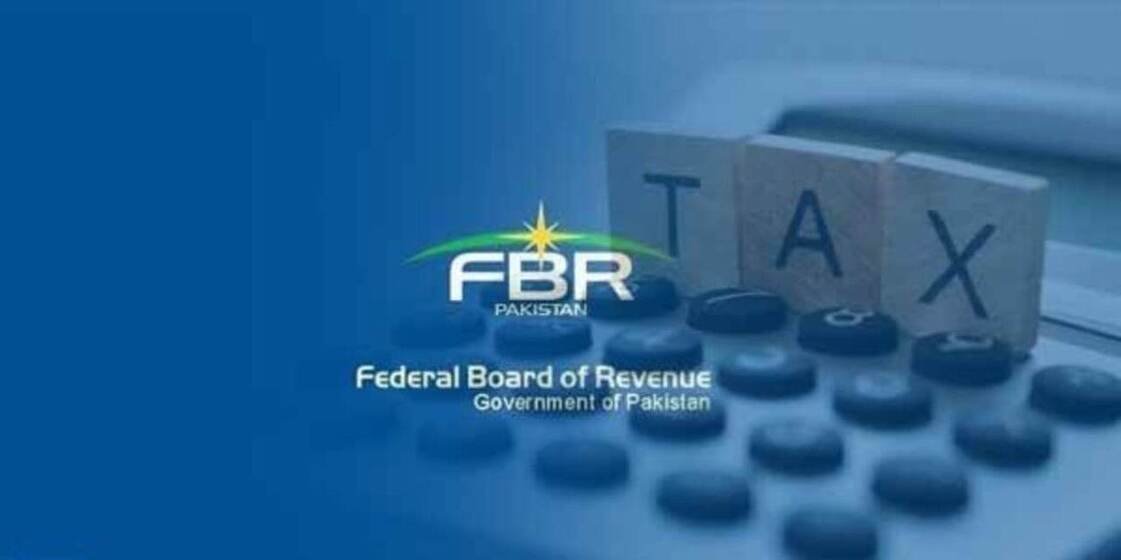The Federal Board of Revenue (FBR) has come under fire for issuing show-cause notices to salaried individuals in an apparent bid to meet revenue targets. The notices demand proof of tax deductions, which are typically handled by employers on behalf of their employees, raising concerns about the legality of the move.
Tax experts have criticized the FBR’s actions, stating that these notices violate established tax laws. Under the self-assessment system, a valid tax return cannot be challenged unless an audit is conducted and a clear error is identified. Legal experts argue that the FBR’s approach disregards this principle and unfairly burdens salaried taxpayers.
Experts highlighted that under Section 161 of the Income Tax Ordinance, any short deduction or non-deduction of tax is the responsibility of the employer, not the employee. Proceedings should first be initiated against withholding agents (employers) before any recovery orders are issued. However, the FBR has bypassed this process and is directly demanding tax payments from salaried individuals, which legal experts have called a coercive and unjust tactic.
Tax lawyers have warned that these indiscriminate recovery notices will damage the FBR’s credibility and create unnecessary distress for taxpayers. They argue that such actions undermine trust in the tax system and place an unfair burden on salaried individuals, who have little control over their employers’ compliance with tax laws.
Experts have urged the FBR to withdraw the notices and focus on enforcing compliance among employers instead of penalizing employees for lapses beyond their control. They emphasized that targeting salaried individuals is counterproductive and could erode public confidence in the tax system.










